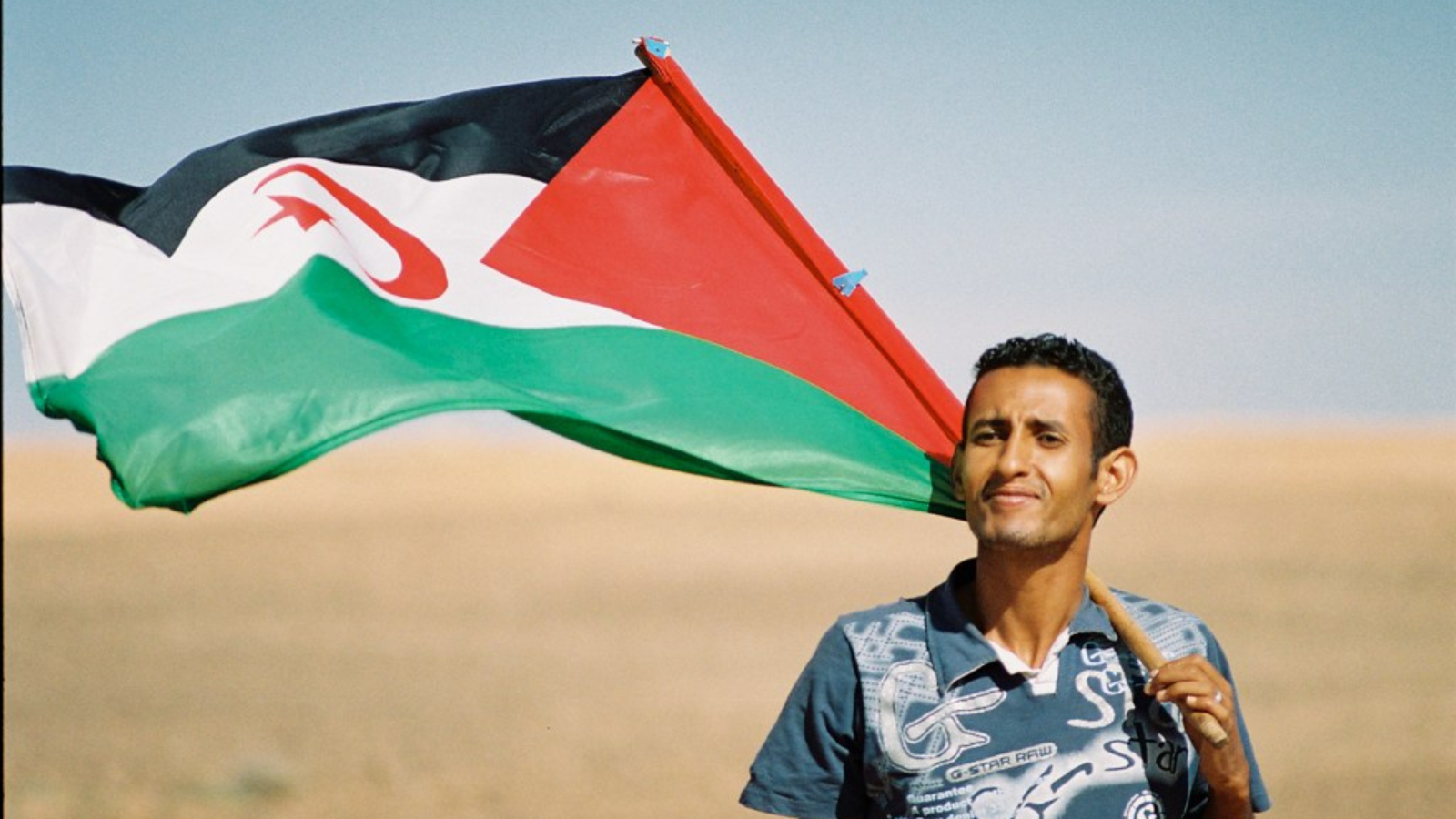By Jordan Clifford
In the mid 20th-century, a myriad of countries began to articulate their rights to self-determination. The result was a period of violence and rapid decolonization–Morocco in 1956; Cameroon, Mali, and Senegal in 1960; and Algeria in 1962. However, there was one colony that failed to gain independence, and that was Western Sahara.
Until 1975, Spain occupied the territory. When Spain withdrew, Morocco invaded and claimed ownership, despite protests from the International Court of Justice. Morocco proceeded to reject territorial claims by the Sahrawi people, denying them the right to self-determination. The Polisario Front, representing the Sahrawi refugees, launched a war for liberation, proclaiming that the Sahrawi Arab Democratic Republic was a government in exile.
Then, in 1991, the United Nations backed a ceasefire and referendum for Sahrawi independence, which was signed by both the Polisario and Moroccan government. Despite being a signatory to the cease-fire, Morocco has continued to maintain control of Western Sahara, and the Polisario continues to peacefully lobby for independence from Tindouf, Algeria.
The Prezi examines the intricacies of the Western Sahara-Morocco conflict, focusing on land claims, refugee camps in Algeria, and the plight of the Polisario Front.
Click here to view the interactive Prezi.
For a more detailed explanation of the conflict, please read Hannah Rae Armstrong's article "Africa's Last Colony" from the Winter 2014/15 issue of World Policy Journal.
*****
*****
Jordan Clifford is an editorial assistant at World Policy Journal.
[Photo courtesy of Wikimedia Commons]
